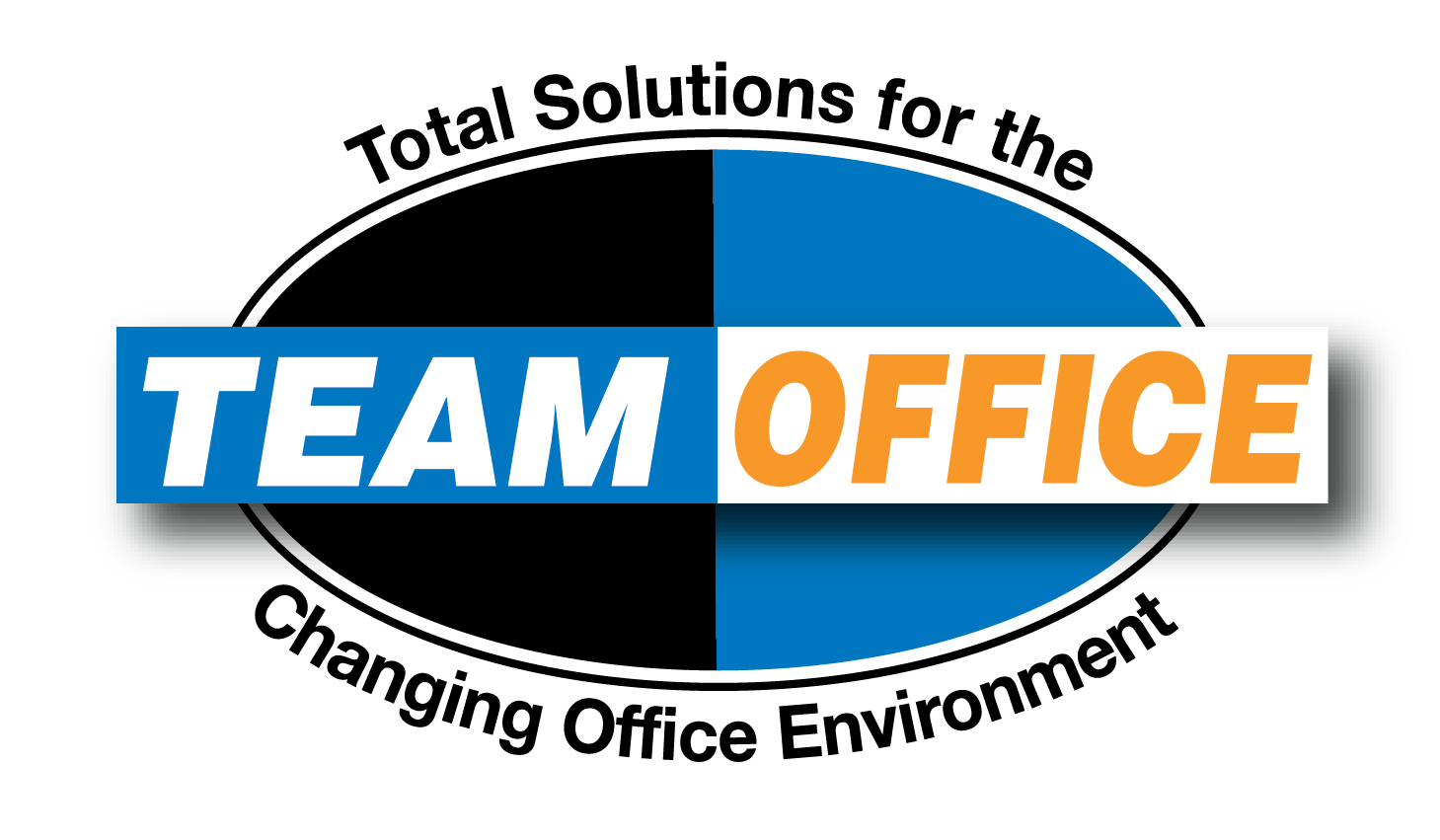The Receptionist: The Front Door of Your Organization
At Team Office, we pay a lot of attention to the furniture that goes in our client’s reception area. A comfortable and professional reception area that reflects the image and brand of the organization is extremely important. However, we do not play a role in deciding who will sit in the reception areas we design and furnish.
Without question, who goes in the reception area is even more important than what kind of furniture or finishes will be used. The receptionist is truly the front door of the organization – the first and last person visitors will see.
Cheryl Samusevich is a certified etiquette and international protocol consultant based in Lincoln, Nebraska. Cheryl hosts a series of seminars for business executives who want to outclass the competition with the best business etiquette, dining skills and international protocol.
Cheryl recently wrote the following piece on Receptionist Etiquette:
The Receptionist
No company of any kind can underestimate the importance of hiring the right office receptionist. The person is literally the front door of the business – the face with which the company greets the public day in and day out. It therefore stands to reason that there are certain qualities and behavior an executive expects from this employee.
A greeter:
The receptionist’s demeanor should reflect the image a business wishes to project – friendly, helpful and capable.
The best receptionists project a confident professionalism.
The virtue of patience is also part of the job. If rude, boorish people come to call, it is imperative that the receptionist remains calm, tries not to take it personally and keeps smiling.
A good receptionist is also expected to behave cordially while greeting and accepting packages from messengers. He/She should not end up chatting with delivery persons at length. Some messengers who frequently drop in develop a friendship with the receptionist that can lead to minor problems; not only can talk and laughter from the foyer disturbs workers, but the messenger may be delayed from his/her next round.
Some companies are a little too forgiving of receptionists who have been around for so long they are said to be “an institution.” A brusque manner is overlooked because, as everyone knows, “He/She might get a little irritated sometimes, but he/she really has a heart of gold.” People from outside, however, have no way of knowing this, and tolerating the receptionist’s imperfections may end with negative impressions among clients and customers who come to call.
Appearance:
The American office has undergone much change in business wear in the last 10 years. More emphasis has been place on casual comfort. While many companies enforce specific dress codes, equal numbers have adopted fairly lax company policies on office wear.
The receptionist will portray the first impression that a guest receives about a business.
The receptionist should maintain an appearance that conveys the company image.
As a call announcer:
Make sure the receptionist understands the importance of getting things right.
Whether greeting someone in person or on the telephone, the efficient receptionist carefully writes down or types in the name of the person (making sure the spelling is correct). Immediately writing down the caller’s name helps the receptionist properly announce the caller and provides a record of the call or visit in case the recipient is out.
Receptionists should announce the full name (first and last) or an honorific and last name (Mr. Brown) of the guest, not just the first name.
As a call screener:
The receptionist in large companies cannot be expected to know which caller to screen and which to let through; that is the assistant’s job. In smaller offices, however, where the receptionist often doubles as the assistant, screening the boss’ calls may be a more common procedure.
An appropriate statement may be “May I tell him/her who is calling” rather than “What does this call concern”?
Other company employees:
Be respectful of the receptionists’ area – do not use it as a gathering place for noisy conversation. Remember the receptionist will be taking calls and a quiet lobby or reception area is critical.
Business Etiquette training is always a wise investment – be sure your staff has the right tools for building great relationships with clients. Contact me to discuss options for Business Etiquette training.
Cheryl Samusevich
Certified Etiquette and International Protocol Consultant
cheryl@etiquettesolutions.com
www.etiquettesolutions.com
(402) 483-4407


